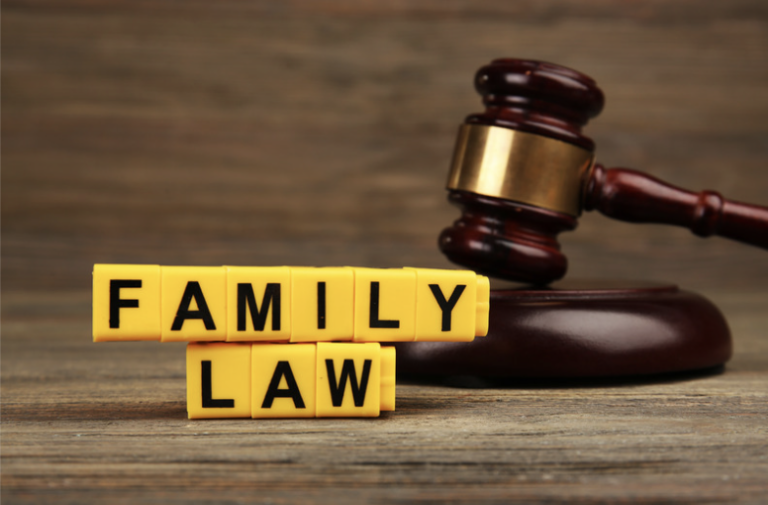London has long been the capital of so-called ‘divorce tourism’. In most cases this is because women with cross-jurisdictional interests who are getting divorced from their husbands believe that the English and Welsh family law courts are likely to award them a more favourable financial settlement than in most other jurisdictions while also offering greater rights in relation to their children.
This background helps explain why during the summer of 2019, Princess Haya bint al-Hussein of Jordan made a number of applications before the High Court of England and Wales in relation to herself and her children. And now, Princess Haya has returned to the High Court for the latest hearing in the child law case relating to her children and her estranged husband, Sheikh Mohammed bin Rashid al-Maktoum, the ruler of Dubai.
Represented by Fiona Shackleton, Princess Haya’s July applications were for the following: a forced marriage protection order in respect of her children, a non-molestation order and a wardship order.
Family law orders for children’s cases
A forced marriage protection order: An instrument used to prevent an individual from forcibly being made to marry, either in the UK or abroad. It covers any marriage that is entered into without the complete knowledge or consent of both parties. This type of order can be made either preventatively or counteractively and may take the form of an injunction preventing the removal of one party from one country to another. Such an order may sometimes involve the temporary seizure of a potential victim’s passport.
Furthermore, a forced marriage protection order recognises the familial role inherent in most forced marriages so may be made against multiple parties, including parents, grandparents, uncles, aunts or cousins. Any person who breaches a forced marriage protection order is committing a criminal offence and may be subject to custodial sentence of up to five years.
A non-molestation order: An injunction providing protection from domestic abuse; including physical, emotional, financial and sexual abuse.
A wardship order: A wardship order results in the court, together with the applicant parent, taking control over important decisions relating to the child’s life and their welfare. The court’s decision will be based on criteria laid out in the Children Act 1989.
The counter application
pIn turn, the sheikh instructed his own family lawyers to make counter applications to the High Court for orders demanding the summary return of the couple’s children to Dubai.
Application for summary return under the inherent jurisdiction: Any child taken by one parent to England from a non-Hague Convention jurisdiction without consent from the other parent or guardian, remains subject to the common law of England and Wales. As such, the parent who has not given their consent may apply to the High Court of England and Wales for the child’s summary return under the law of inherent jurisdiction.
The court’s primary consideration in an application for summary return will be the child’s welfare. In determining their decision the following welfare considerations, as set out in the Children Act 1989, will be applied by the court:
- The wishes and feelings of the child (in light of their age and understanding)
- The child’s physical, emotional and educational needs
- The likely effect of any change in circumstance on the child
- The age, sex and background of the child and any other characteristics which the court considers relevant
- Any harm which the child has suffered or is at risk of suffering
- The levels of capability of each of the parents in meeting the child’s needs alongside that of any other person the court considers relevant in this respect.
Reporting restrictions
In July the couple issued a statement stressing that the proceedings were “concerned with the welfare of the two children of their marriage and did not concern divorce or finances”.
Mindful of the negative publicity the case has caused both to the sheik and his country, the High Court was asked by Sheikh Mohammed’s legal team to impose reporting restrictions. However, the President of the High Court’s Family Division Sir Andrew McFarlane, hearing the case, refused the application.
Princess Haya is the daughter of the late King Hussein of Jordan, and owns an £85m home within a short walk of Kensington Palace. Sheikh Mohammed, is vice-president and prime minister of the United Arab Emirates, rules Dubai, is a billionaire and successful horse trainer.
According to reports, London is also likely to be the jurisdiction for the divorce of the high-profile couple as well as for their multi-billion pound divorce financial settlement. It is suggested both will be commenced once the current child law case is decided.
Following a flurry of action relating to the case in July, a pre-trial review was heard in October 2019 where the court heard evidence and arguments from the respective family lawyers in relation to the above applications. Princess Haya attended a High Court hearing in November and the case is ongoing.

